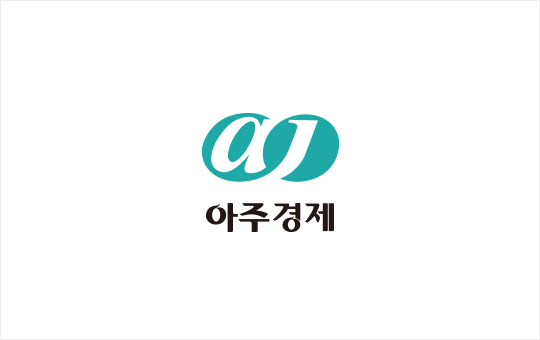
SEOUL, November 17 (AJP) - South Korea’s top financial regulator is moving to make corporate information more accessible to global investors, unveiling a new disclosure plan that would significantly expand English-language reporting and tighten transparency around shareholder meetings and executive pay.
The Financial Services Commission announced the proposed changes on Monday in an effort to strengthen shareholder rights and bring local practices closer to international standards.
Under the proposal, companies listed on the benchmark KOSPI index with assets exceeding 2 trillion won, or roughly $1.5 billion, would be required to file disclosures in English beginning May 1, 2026.
The current threshold applies only to companies with assets over 10 trillion won. English-language reports on the results of shareholder meetings would be required starting March 1 of the same year.
The scope of required English disclosures would also expand sharply — from 26 categories of management information to 55 — covering nearly all items required by the Korea Exchange. Companies with assets over 10 trillion won would need to publish English disclosures on the same day as Korean filings, while those above the new 2 trillion won threshold would have three business days.
By 2028, the FSC said it plans to extend English disclosure rules to all KOSPI-listed firms and is considering similar requirements for major companies on the tech-heavy KOSDAQ market. To lessen compliance burdens, the government said it would offer AI-based translation tools and industry-specific English templates.
The overhaul also seeks to bring more clarity to South Korea’s tightly packed shareholder meeting season, when hundreds of companies hold annual meetings in the final days of March. Beginning in March 2026, companies would be required to release detailed voting results — including approval, opposition and abstention rates — on the day of the meeting. Regular filings would also need to include complete voting records and shareholder counts.
The plan includes new rules on executive compensation as well. Companies would be required to include three years of total shareholder return and operating profit data in their pay disclosures, along with clearer explanations of how compensation was determined.
All stock-based awards — including unrealized equity — would need to be reported in a single standardized format with cash-equivalent values.
* This article, published by Economic Daily, was translated by AI and edited by AJP.
Copyright ⓒ Aju Press All rights reserved.



